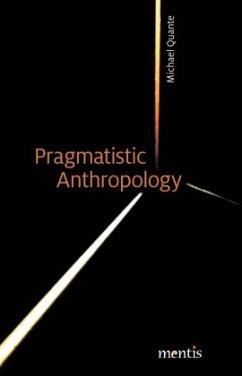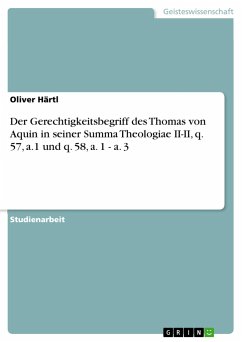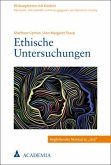Leading one's life as a person is an essential feature of our human existence which is constitutively characterized by finiteness, sociality and vulnerability. Within the framework of a pragmatistic anthropology central features of our being persons (i.e. personal identity, self-consciousness, freedom, autonomy and responsibility) are made explicit in this study. The such unfolded conception is anthropological in the sense of being restricted to the human life-form. The explication is pragmatistic in a double sense: Firstly, action is taken as a complex and not reducible basic feature; secondly, the study is committed to the pragmatistic model of justification. Leading one's life as a human person, this is the study's central thesis, is realized in constellations of recognition (intersubjective or institutionally framed). These can be made explicit as basic grammar of our evaluative Praxis within an ascriptivist framework.
Hinweis: Dieser Artikel kann nur an eine deutsche Lieferadresse ausgeliefert werden.
Hinweis: Dieser Artikel kann nur an eine deutsche Lieferadresse ausgeliefert werden.








